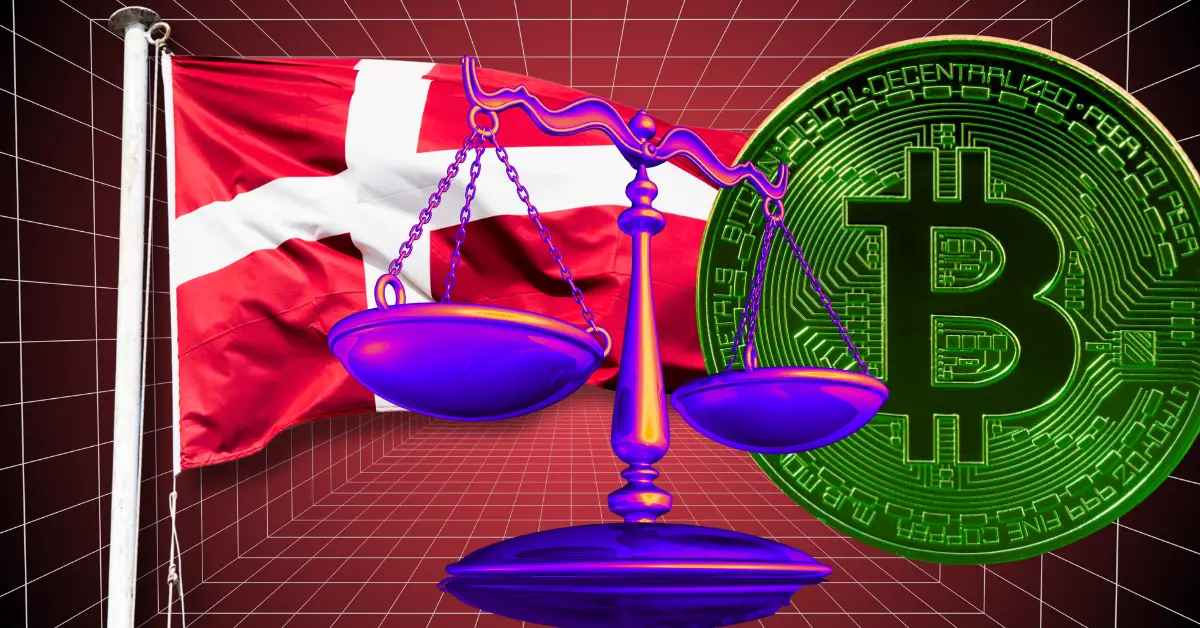
In a world where inflation is rising and economic uncertainty is taking hold, Switzerland is facing a critical question: Is it time for the Swiss National Bank (SNB) to rethink its financial strategy? A growing group of crypto enthusiasts believes so, pushing for Bitcoin to join gold in the country’s official reserves.
They argue that today, Bitcoin could serve as a crucial hedge against financial instability. But not everyone is convinced. While some see the promise of digital assets, others view them as too risky for a nation known for its financial stability.
What’s at stake? Keep reading to find out.
Despite mounting calls, the SNB remains firm. At a recent meeting, SNB Chairman Martin Schlegel firmly rejected the idea, arguing that Bitcoin is simply too volatile to be part of Switzerland’s official reserves. For the SNB, the priority is to hold assets that are liquid and stable – qualities that, according to Schlegel, Bitcoin does not reliably offer.
Reasons to Reject
Schlegel’s stance is clear: Bitcoin will not be added to Switzerland’s reserves anytime soon. His concerns go beyond just price volatility; he also pointed out the technical risks associated with Bitcoin. As a software-based asset, Bitcoin could face glitches or operational issues. This makes it less reliable than traditional reserve assets, which are known for their stability and liquidity.
Switzerland’s financial system is built on trust and consistency, and Bitcoin’s unpredictable nature doesn’t fit into that model. The SNB needs assets that can be relied on, even in times of crisis, and Bitcoin’s inherent risks make it an unappealing choice for the country’s official reserves.
While Switzerland remains cautious, other countries are beginning to explore Bitcoin as part of their reserve strategies. The United States, for example, is building a Bitcoin reserve using coins seized during criminal investigations. This approach is sparking a worldwide conversation about the potential role of digital assets in national financial systems.
Even so, many governments are still hesitant. The main concerns are Bitcoin’s extreme price fluctuations and the challenges of managing it as part of a national reserve. While some countries, like the US, are experimenting with Bitcoin reserves, many others are taking a wait-and-see approach.
For now, Switzerland is sticking to its traditional financial framework. The country has a long-standing reputation for financial stability, and its cautious approach to crypto regulation is a reflection of this. Although the idea of adding Bitcoin to reserves is appealing to some, the SNB remains focused on maintaining a stable and predictable financial system.
As the global conversation around Bitcoin and digital currencies grows, the pressure on the Swiss National Bank may continue to rise. Other countries are beginning to take digital assets seriously, and this could lead to more public and political pressure on the SNB to reconsider its stance.
However, for now, Switzerland remains committed to its cautious approach to crypto regulation, with no immediate plans to add Bitcoin to its reserves.
Switzerland’s central bank, the SNB, has rejected the idea of adding Bitcoin to its reserves, citing concerns over volatility and technical risks.
The SNB believes Bitcoin is too unstable and unpredictable for official reserves, and stresses the need for assets that are highly liquid and secure.
Yes, the United States has started accumulating Bitcoin from seized assets, sparking discussions about crypto adoption among other nations.
Shiba Inu’s 2021 surge still echoes through crypto forums, and analysts now say one of…
Pi Coin has had a rough run lately. Prices are low, and users are worried…
Dogecoin (DOGE) has recently captured headlines with an impressive 17% surge, reigniting excitement among traders…
The Cardano price today is trading at $0.8118 after a recent correction of over 12%…
The presale of the Ozak AI project is ongoing and gaining serious traction as the…
With XRP recently breaking past $3.60 and sparking fresh excitement, analysts are dropping some bold…